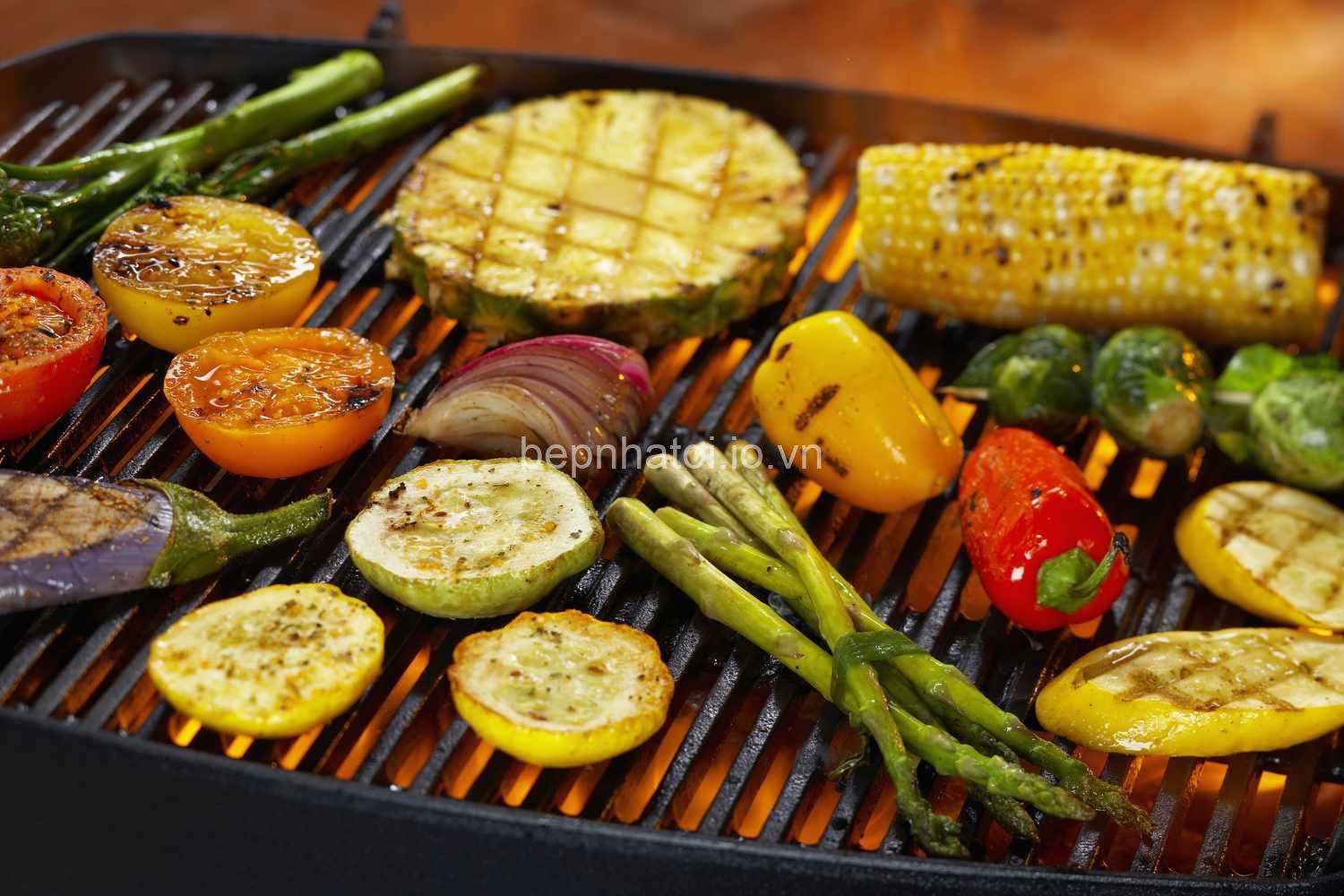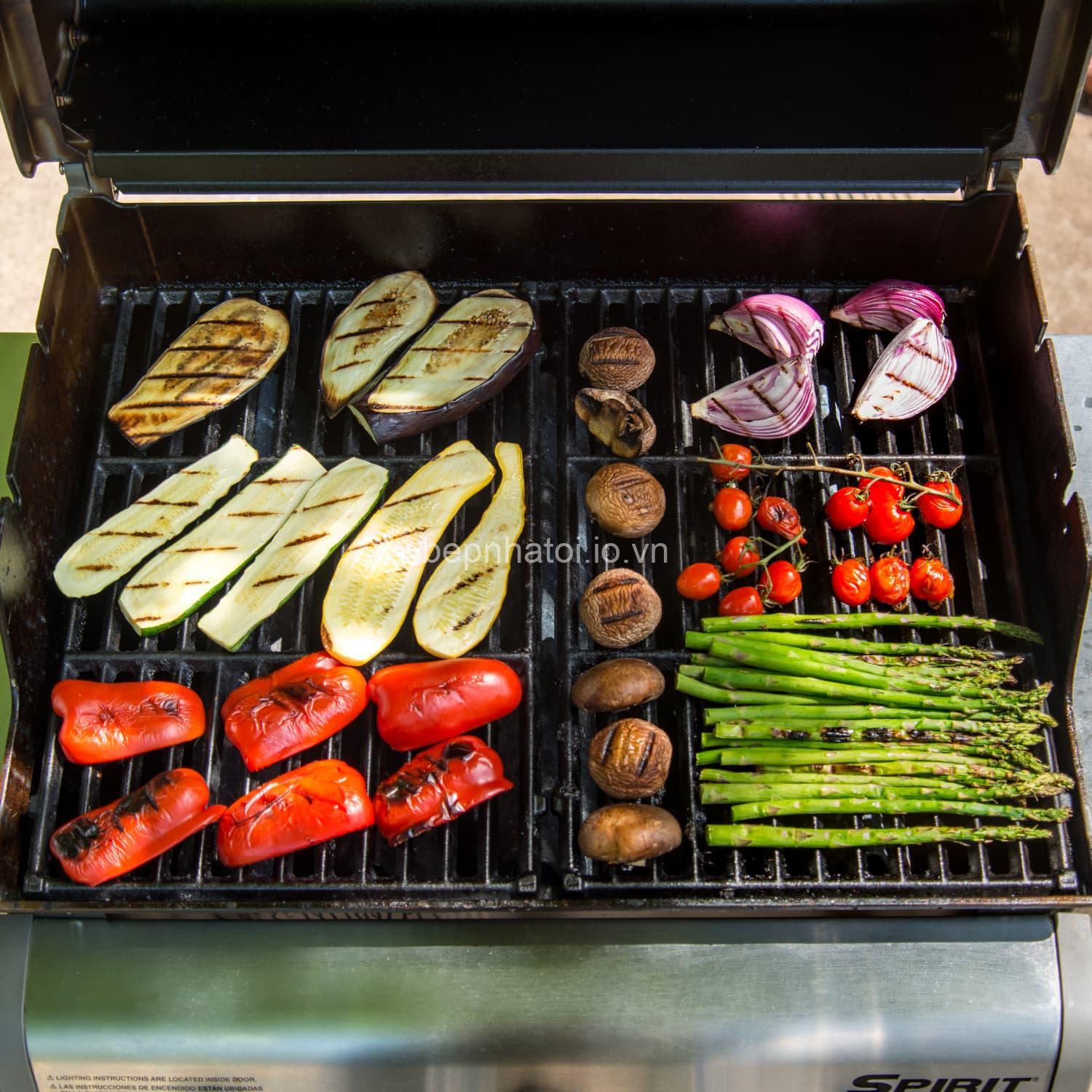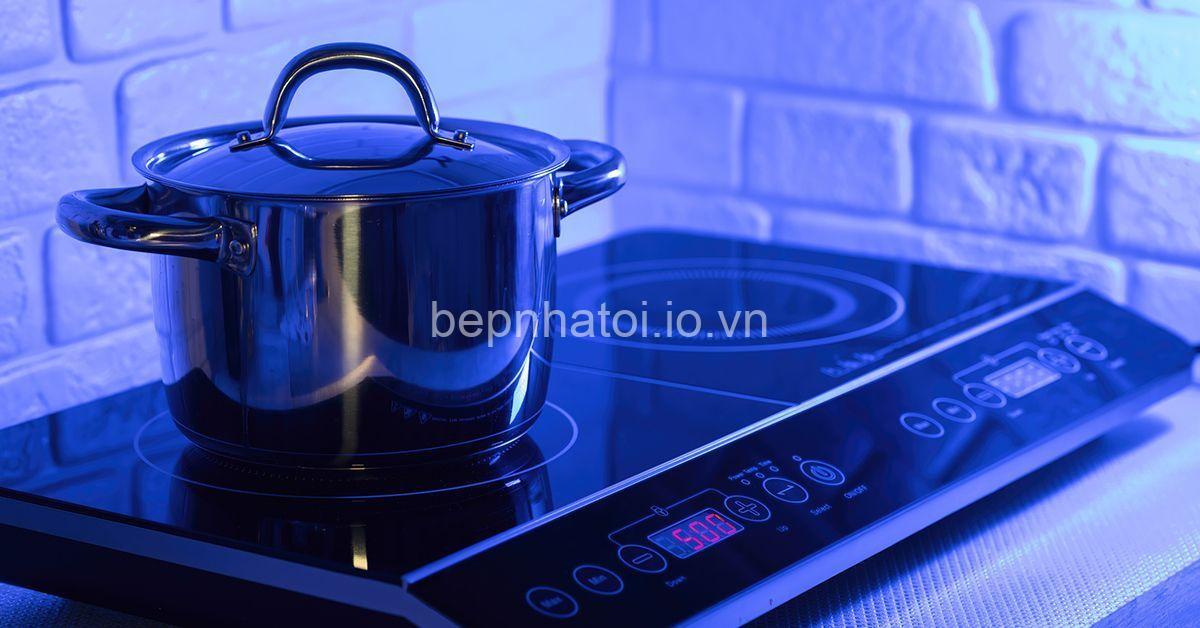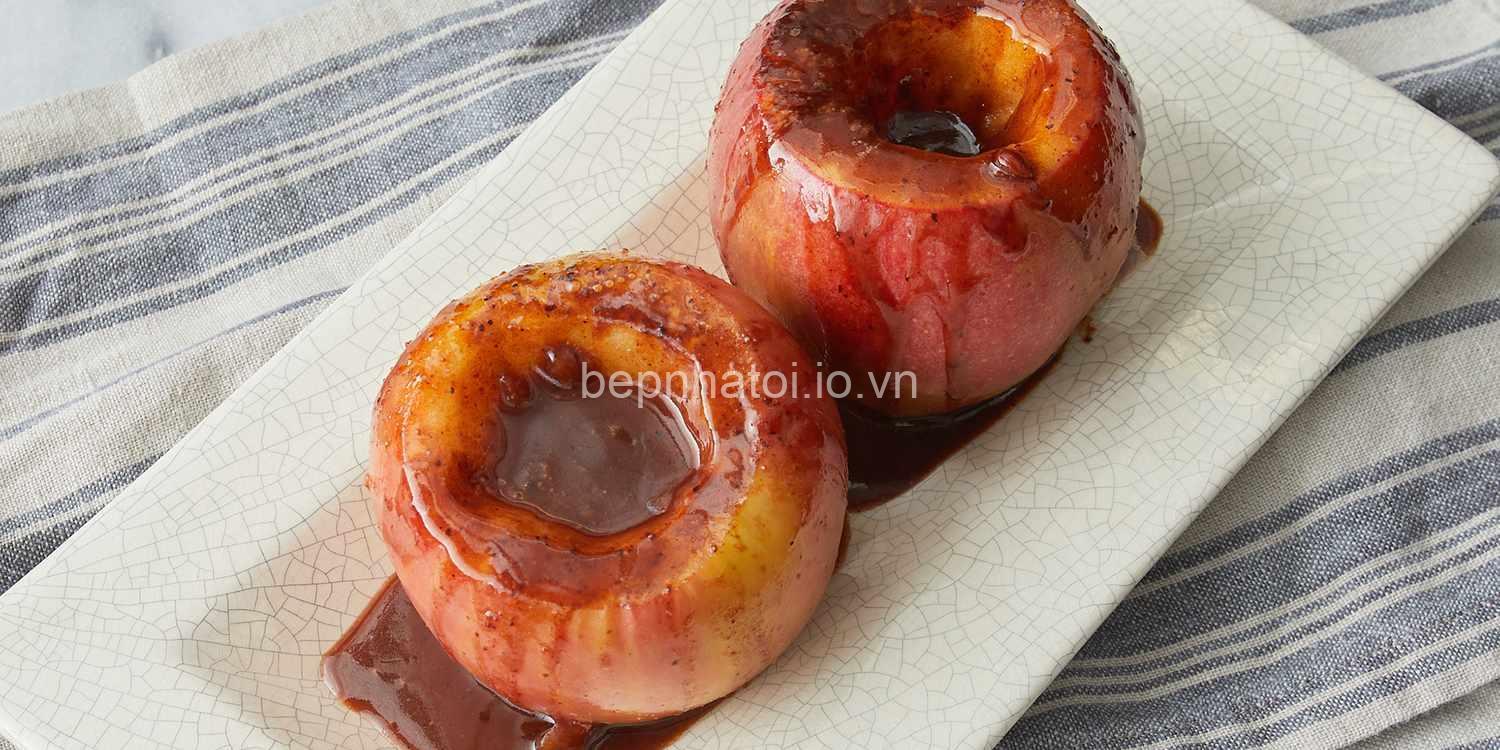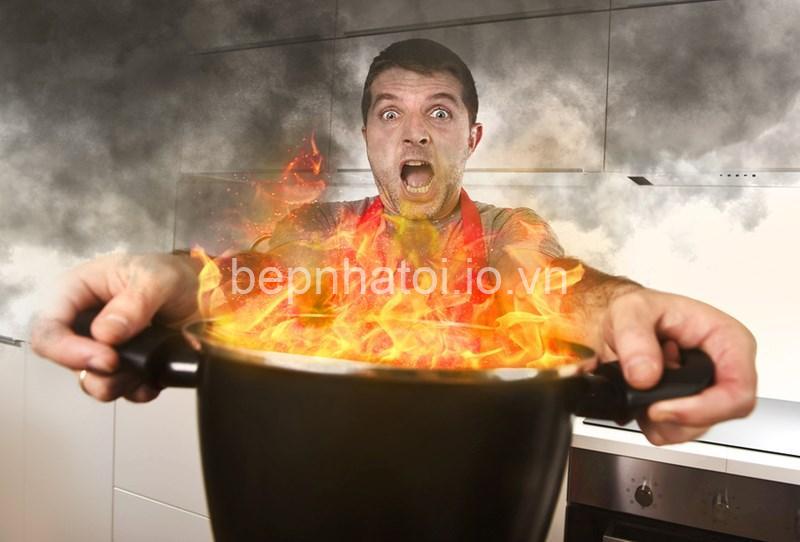
Prevent Grill Rust: Cleaning, Storage, & Coatings – bepnhatoi.io.vn. In today’s article, bepnhatoi.io.vn will explore with you in the most detailed and complete way. See now!
Understanding the Enemy: How Rust Forms on Your Grill
Rust, a common enemy of metal surfaces, is a form of corrosion that occurs when iron reacts with oxygen in the presence of water. It’s a natural process, but thankfully, we can take steps to slow it down and prevent it from ruining our grills. Think of rust as a silent thief, slowly eating away at your grill’s metal, eventually weakening it and causing it to lose its shine.
The speed at which rust forms depends on several factors. Humidity plays a significant role, as water molecules are crucial for the oxidation process. Salt air, often found near coastal areas, can also accelerate rusting due to its corrosive properties. Weather conditions like rain, snow, and even high levels of humidity can contribute to rust formation.
Different grill materials have varying levels of resistance to rust. Stainless steel, known for its durability, is naturally more resistant to rust than other metals like cast iron. Cast iron, while incredibly strong, requires proper seasoning to form a protective layer and prevent rust. Understanding your grill’s material is crucial for selecting the right cleaning and maintenance strategies.

Keep It Clean: Regular Cleaning is Your Best Defense
Regular cleaning is your first line of defense against rust. Think of it as a preventative measure, like brushing your teeth to prevent cavities. A clean grill is less likely to be a victim of rust’s destructive tendencies.
There are several effective cleaning methods you can use:
- Pre-soaking: This helps loosen any stubborn food particles or grease that may be clinging to the grill grates. Simply fill a large container with hot, soapy water and let the grates soak for a few minutes.
- Using a grill brush: A sturdy grill brush with stiff bristles is essential for scrubbing away food residue and grease. Make sure to choose a brush with bristles made from high-quality materials that won’t shed into your food. Replace the brush regularly as the bristles wear down over time.
- Cleaning with soap and water: After pre-soaking and brushing, wash the grill grates thoroughly with soap and water. Be careful not to use harsh detergents, as they can damage the surface of the grill.
- Using grill cleaning solutions: For a deeper clean, you can consider using commercially available grill cleaning solutions. These solutions are designed to break down stubborn grease and grime, but always follow the manufacturer’s instructions carefully and prioritize safety precautions.
The most important tip is to clean your grill immediately after use. The longer food residue remains on the grill, the more difficult it will be to clean and the greater the risk of rust formation.
Protect It When Not in Use: Storage and Cover Strategies
Just like we wear a coat to protect ourselves from the elements, your grill needs protection when it’s not in use. Proper storage and the use of a grill cover can make a world of difference in preventing rust.
- Covered storage: If possible, store your grill in a garage or shed, where it’s shielded from rain, snow, and direct sunlight. This provides a barrier against the elements and reduces exposure to moisture.
- Grill covers: Investing in a high-quality grill cover is essential. Choose a cover made from durable, water-resistant materials like nylon or polyester. Look for covers that are designed to fit your grill snugly and provide adequate protection from the elements.
Remember to allow your grill to cool down completely before covering it. Trapping heat and moisture under the cover can actually accelerate rust formation. Also, make sure the storage area is well-ventilated to prevent moisture from accumulating inside the cover.
Extra Protection: Using Protective Coatings
Sometimes, even with regular cleaning and proper storage, a little extra protection is needed. Protective coatings can create a barrier between your grill and the elements, further reducing the risk of rust.
- High-heat oil coatings: Applying a layer of oil to your grill grates after cleaning can help form a protective barrier against rust. Popular choices include flaxseed oil, tung oil, or olive oil. Make sure the oil is specifically designed for high heat applications.
- Rust-preventative sprays: There are commercially available rust-preventative sprays that are designed to create a protective film on metal surfaces. These sprays often contain chemicals that inhibit rust formation and can provide long-lasting protection.
Reapply protective coatings regularly, according to the manufacturer’s instructions. Just like sunscreen needs to be reapplied throughout the day, these coatings need to be refreshed to maintain their effectiveness.
Specific Care Tips for Different Grill Materials
Now that we’ve covered the basics of grill rust prevention, let’s take a closer look at specific tips for different grill materials.
Stainless Steel:
- Stainless steel grills are generally more resistant to rust due to their composition. They contain chromium, which creates a protective oxide layer that prevents rust formation.
- However, even stainless steel grills can rust if not properly cared for. Regular cleaning with a mild soap and water solution and avoiding harsh abrasive cleaners is crucial for maintaining its rust resistance.
- For stubborn stains or discoloration, a stainless steel cleaner can be used, but be cautious and always follow the manufacturer’s instructions.
Cast Iron:
- Cast iron grills are known for their durability and heat retention, but they are more susceptible to rust than stainless steel. Proper seasoning is essential to prevent rust and create a non-stick surface.
- Seasoning involves applying a thin layer of oil to the cast iron surface and heating it in a high-temperature oven. The oil polymerizes and creates a protective coating that prevents rust and promotes even cooking.
- Maintain the seasoning by lightly oiling the cast iron surface after each use and avoiding harsh cleaning methods. If rust does form, it can be removed with a wire brush and then re-seasoned.
Other Materials:
- Aluminum grills are generally rust-resistant, thanks to their aluminum oxide layer that naturally protects the metal.
- However, aluminum can still be susceptible to pitting, which can occur when the oxide layer is damaged.
- To prevent pitting, avoid harsh cleaners and scrub with a soft-bristled brush.
What to Do if Rust Has Already Formed
If your grill is already showing signs of rust, don’t panic! While rust is a sign of neglect, it’s not always a reason to throw away your grill. You can take steps to remove existing rust and prevent further damage.
- Remove rust with a wire brush or steel wool: Use a wire brush or steel wool to scrub away loose rust.
- Use a rust converter: For stubborn rust, you can use a rust converter. These products chemically convert rust into a stable compound that prevents further corrosion.
- Re-season cast iron: If your cast iron grill has rusted, you’ll need to re-season it to restore its protective layer. This involves cleaning the rust, applying oil, and heating it in the oven.
Once you’ve removed the rust, it’s crucial to implement the preventive measures discussed earlier, such as regular cleaning, proper storage, and protective coatings, to prevent it from coming back.
Choosing the Right Products for Your Grill
Now that you have a better understanding of grill rust prevention, it’s time to equip yourself with the right tools and products. Here are some recommendations based on different grill types and materials:
- Cleaning Tools:
- For stainless steel grills, a soft-bristled grill brush and a mild soap and water solution are sufficient.
- For cast iron grills, a wire brush is essential for removing rust and a high-heat oil is needed for seasoning.
- Grill Covers:
- Look for covers made from durable, water-resistant materials like nylon or polyester.
- Choose a cover that is designed to fit your grill snugly and provide adequate protection from the elements.
- Protective Coatings:
- For stainless steel, a high-heat oil coating or a rust-preventative spray can provide extra protection.
- For cast iron, a high-heat oil is essential for seasoning and maintaining the protective layer.
Frequently Asked Questions
How do I remove existing rust from my grill?
Use a wire brush or steel wool to scrub away loose rust. For stubborn rust, you can use a rust converter. Follow the manufacturer’s instructions carefully. Once the rust is removed, clean the grill thoroughly and re-season cast iron grills if necessary.
Can I use vinegar to clean my grill?
Vinegar is acidic and can be abrasive, potentially damaging the surface of your grill. It’s best to use a mild soap and water solution or a specialized grill cleaner.
Is it safe to use my grill if it has rust?
While some rust is likely to form over time, excessive rust can indicate corrosion that can weaken the grill and create a potential safety hazard. It’s best to remove the rust and assess the condition of the grill. If the rust is extensive, consider replacing the grill.
Conclusion
Preventing grill rust is about understanding its causes, implementing proactive cleaning and storage strategies, and using the right protective coatings. By following the tips outlined in this article, you can ensure your grill stays rust-free and continues to provide you with delicious grilled meals for years to come.
Don’t forget to share your own grilling tips and tricks in the comments below. And for more information on caring for your pets and other valuable items, visit bepnhatoi.io.vn. Happy grilling!
EAV:
- Entity: Grill | Attribute: Material | Value: Stainless Steel
- Entity: Grill | Attribute: Material | Value: Cast Iron
- Entity: Grill | Attribute: Material | Value: Aluminum
- Entity: Rust | Attribute: Cause | Value: Oxidation
- Entity: Rust | Attribute: Cause | Value: Moisture
- Entity: Cleaning | Attribute: Method | Value: Brushing
- Entity: Cleaning | Attribute: Method | Value: Soaking
- Entity: Cleaning | Attribute: Solution | Value: Soap and water
- Entity: Cleaning | Attribute: Solution | Value: Grill cleaning solution
- Entity: Protection | Attribute: Method | Value: Cover
- Entity: Protection | Attribute: Method | Value: Oil coating
- Entity: Protection | Attribute: Method | Value: Rust preventative spray
- Entity: Seasoning | Attribute: Material | Value: Oil
- Entity: Seasoning | Attribute: Method | Value: High heat application
- Entity: Storage | Attribute: Location | Value: Garage
- Entity: Storage | Attribute: Location | Value: Shed
ERE:
- Grill (has) Material
- Grill (has) Type
- Rust (caused by) Oxidation
- Rust (caused by) Moisture
- Cleaning (prevents) Rust
- Cleaning (uses) Tools
- Cleaning (uses) Solutions
- Protection (prevents) Rust
- Protection (uses) Coatings
- Seasoning (protects) Cast Iron
- Seasoning (uses) Oil
- Storage (minimizes) Rust
- Storage (uses) Cover
- Storage (uses) Location
- Brand (makes) Grill
- Grill (is used for) Cooking
- Grill (is used for) Entertaining
- Grill (is used in) Outdoor spaces
- Grill (is cleaned with) Brush
- Grill (is covered with) Cover
Semantic Triple:
- Subject: Grill | Predicate: is made of | Object: Stainless Steel
- Subject: Grill | Predicate: is made of | Object: Cast Iron
- Subject: Grill | Predicate: is made of | Object: Aluminum
- Subject: Rust | Predicate: is caused by | Object: Oxidation
- Subject: Rust | Predicate: is caused by | Object: Moisture
- Subject: Cleaning | Predicate: prevents | Object: Rust
- Subject: Cleaning | Predicate: uses | Object: Grill Brush
- Subject: Cleaning | Predicate: uses | Object: Soapy water
- Subject: Protection | Predicate: prevents | Object: Rust
- Subject: Protection | Predicate: uses | Object: Grill Cover
- Subject: Seasoning | Predicate: protects | Object: Cast Iron
- Subject: Seasoning | Predicate: uses | Object: Oil
- Subject: Storage | Predicate: minimizes | Object: Rust
- Subject: Storage | Predicate: uses | Object: Covered location
- Subject: Brand | Predicate: manufactures | Object: Grill
- Subject: Grill | Predicate: is used for | Object: Cooking
- Subject: Grill | Predicate: is used for | Object: Entertaining
- Subject: Grill | Predicate: is used in | Object: Outdoor space
- Subject: Grill | Predicate: is cleaned with | Object: Grill Brush
- Subject: Grill | Predicate: is covered with | Object: Grill Cover
